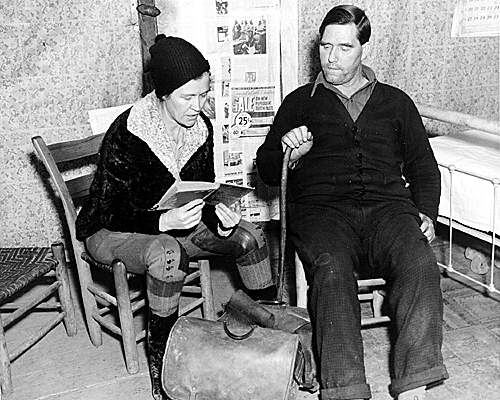
Photo via Wikimedia Commons
When I think about the times I definitely knew what I was talking about, versus the times I kinda, sorta, might have, maybe did… well…. Let’s just say that wisdom doesn’t always come with age, but hindsight certainly does. We may cringe when we remember the moments we were overconfident, out of our depth, etcetera, and so forth—when we lacked the critical capacity known as intellectual humility. It’s a quality that can save us a lot of shame, for sure, if we’re the type of people capable of feeling that emotion.
But there’s more to knowing what you don’t know than avoiding regret, as important a consideration as that may be. Without intellectual humility, we can’t acquire new knowledge. Still, though we might find “open minded” listed on many an online dating profile, being flexible in one’s thinking and willing to say “I don’t know” are also socially stigmatized, says Pepperdine University professor of psychology Elizabeth J. Krumrei-Mancuso:
When it comes to beliefs, people tend to appreciate others being open-minded, yet they may also view people who are unsure about their beliefs as weak or they may view those who change their viewpoint as unstable or manipulative. These social perceptions might make people afraid to admit the fallibility in their thinking. They may believe they should be confident in their viewpoints, which can lead people to be afraid to change their minds.
Fundamentalist religion and polarized political battle-royales played out in social media stoke the fires of this tendency day in and out, creating a veritable conflagration of willful ignorance. Krumrei-Mancuso and her colleagues set out to investigate the opposite, “accepting one’s intellectual fallibility in an open and level-headed way,” writes Peter Dockrill at Science Alert.
Their findings were somewhat similar to those popularized by the Dunning-Krueger Effect. In one finding, for example, the researchers discovered that “intellectually humble people underestimated their cognitive ability,” perhaps not working up to their full potential. The intellectually overconfident, as we might expect, overestimated their abilities. On the whole, however, the conclusions tend to be quite positive.
In a series of five studies, which surveyed 1,200 individuals, the authors found that the intellectually humble are far more motivated to learn for its own sake, more likely to enjoy challenging cognitive tasks, more willing to consider different perspectives and alternative evidence, and less threatened by awareness of their own limitations.
The Harvard Business Review points out the Pepperdine studies’ importance in defining the fuzzy concept of open-mindedness, with a fourfold measure to assess individuals’ intellectual humility:
- Having respect for other viewpoints
- Not being intellectually overconfident
- Separating one’s ego from one’s intellect
- Willingness to revise one’s own viewpoint
Becoming intellectually humble can take us into some uncomfortable territory, places where we don’t know what to say or do when everyone around us seem so certain. But it can also give us the push we need to actually learn the things we might have kinda, sorta pretended to understand. Read Pepperdine’s study, “Links between intellectual humility and acquiring knowledge” at The Journal of Positive Psychology.
Related Content:
How to Argue With Kindness and Care: 4 Rules from Philosopher Daniel Dennett
Josh Jones is a writer and musician based in Durham, NC. Follow him at @jdmagness


Leave a Reply